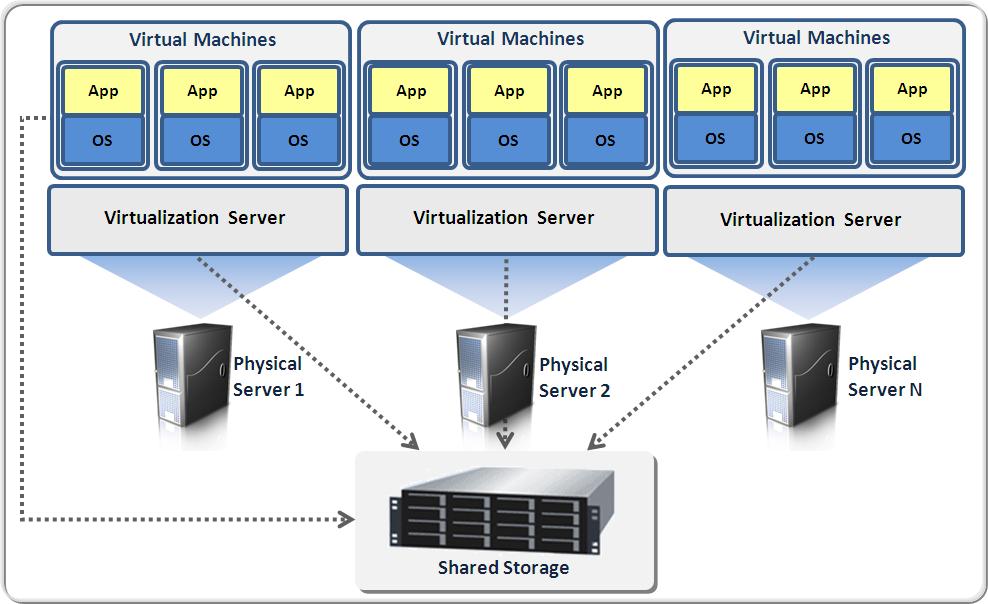

That's when the need for effective utilization of all the hardwares, optimization of updating processes, application deployment, security assurance and system recovery in case of some catastrophe, arose. The first virtualization technologies came up in 60s already, but the real demand for them arose only in 90s, while the number of servers was increasing. It is virtualization that allows to install a lot of completely isolated from each other and working side by side operating systems on one and the same hardware.Ī little bit of history. So, what should you do in all these delicate situations? Right: use virtualization. You need to try to deploy maximally close to the future production environment, and, if possible, make it so that your groundwork would then work seamlessly on production servers. You're a good engineer, you understand that it's not enough just to install all this zoo on your system. Your system contains such things as ElasticSearch, Kafka, Spark and many many others, and every component must be separate from each other, be configured wisely and communicate with other components. Or, maybe, you're a designer, who have engineered a new complex system for business analytics processing. How to make progress in such circumstances? Or, say, you already have a beard and glasses, you're an engineering director, and you aren't satisfied with the fact that in order to deploy a new application, developers have to wait the whole two months for a new server. You can't place more apps and data on servers for security reasons, and the cost of maintaining and supporting the growing farm of servers keeps increasing. Or, let's assume you have already grown up, now you're the lead on servers in a big company, and one day you notice that most of the servers aren't even half loaded. You can't set up Fedora as your only core system, because you still need Windows for games and facebook, and the lack of experience or simply fear keeps you from installing Linux as the second system. One fine day you decide to shape up and become a programmer, but wise people from the Internet have told you that you won't become a good engineer without Linux. Let's assume that you are young, but still poor student, and that means you have only PC on Windows and PS4 from all possible platforms.


 0 kommentar(er)
0 kommentar(er)
